Every, fruit plants vary in their fruiting time, depends on location, climate & age of the plants. Generally, Grafted fruit plants starts fruiting within 2 years of planting, where as non-grafted plants take more than 2 years. You can check the fruiting time of each plant in the plant description.
No, Majority of fruit plants are not delivered with fruits. But some grafted fruit plants can be delivered with fruits and flowers mostly Citrus, Guava, Star fruit, Fig, Ber etc. But it is recommended to remove the flowers during early days, so that plants can get more branches and physical strength.
Grafting is a technique where two plants part are combined together so that they can grow together. Most commonly seen in Mango. Air Layering is also a vegetative propagation technique where a plant is produced while it is still attached to its parent's plants. Commonly seen in Guava. Stem cutting is a vegetative propagation technique, where soft, semi-hard, or hardwood stem is cut with 2-3 nodes and used for the multiplication of plants. Commonly seen in flowering & ornamental plants.
Yes, the grafted fruit trees produce fruit earlier, than the non-grafted fruit plants.
These are some of the rare and new fruit plants and it's varities, which are not avialable everywhere in our country.




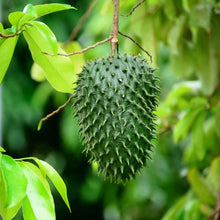
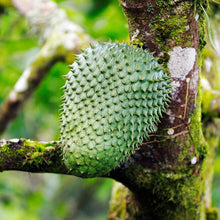
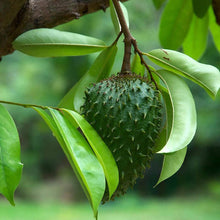



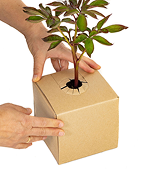
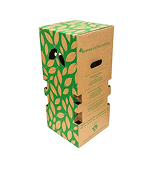


 WhatsApp us
WhatsApp us


